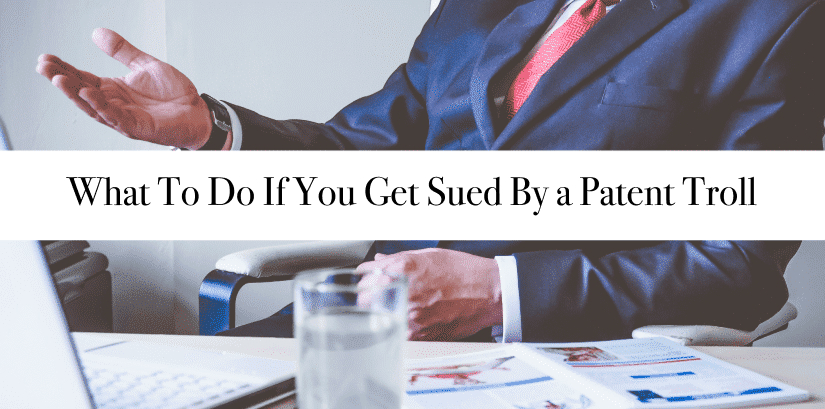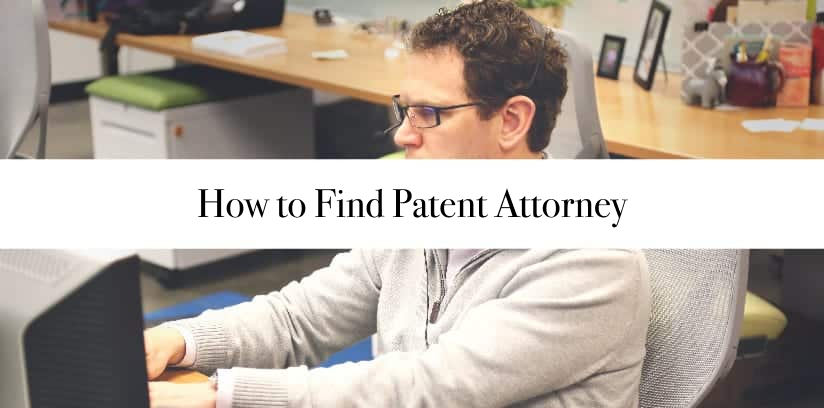Originally posted on August 7, 2017 @ 1:11 am
The strength of ideas is unstoppable.
Innovations and new inventions move society forward. They also allow entrepreneurs to build profitable businesses. For this reason, your ideas are one of your most important assets.
But if you don’t protect intellectual property, you run the risk of having it stolen from you. And when a big business when more assets take a small business’s idea, it’s almost impossible for the small business to compete.
So what can you do to protect intellectual property from your competitors? Let’s look at some of the best strategies.
What is Intellectual Property?
Before we discuss how to protect intellectual property, let’s take a closer look at what intellectual property is. This will help you get an idea of what ideas you’ll need to protect.
By definition, intellectual property is an idea that is restricted from unauthorized use by others. Literary works, designs, symbols, inventions, and processes can all fall under the umbrella of intellectual property. Protections for intellectual property are intended to provide an incentive to authors, creators, and inventors.
While intellectual property is analogous to tangible property, there are differences. For instance, when you own an object, like a car or a computer, you have complete rights to it. If someone takes it without permission, it’s considered stolen.
With intellectual property, however, there are restrictions to the extent that others can use it. When you protect intellectual property, you have a right to be credited and compensated for its use.
Ways to Protect Intellectual Property
Depending on what type of intellectual property you have, there are different ways to protect it. Each method has its own restrictions and guidelines.
Patents
Patents are typically issued to protect unique inventions, processes, and methods. Patents give the owner exclusive rights to sell, use, or make an invention for 20 years.
In order to qualify for a patent, your idea needs to be novel. In other words, it must be sufficiently different from any other products or ideas currently available on the market. It also must have a significant use or function.
Copyrights
Copyrights are typically for creative work. This includes literary works, music, films, and architecture. Copyrights can also cover computer programs, software, and graphics.
Keep in mind that copyrights don’t protect the idea behind the work, only the actual work itself. So, if you wrote a novel, you would have the exclusive rights to publish, modify, and distribute it. But you could not necessarily prevent someone else from writing a novel with a similar plot.
Trademarks
Trademarks protect words or symbols that signify a specific brand name or product. Companies can either file a “use” application for a mark they’ve already used, or they can file an “intent to use” application ahead of time.
Now, have you ever wondered what the difference is between the “TM” mark and the “R” mark? It’s simply a matter of whether your trademark has been registered with the United States Patent and Trademark Office (USPTO) yet.
As soon as you’ve submitted an application with the USPTO, you can start using the TM symbol. You cannot use the R symbol, however, until your trademark as been officially registered.
Trade Secrets
Trade secrets include items or ideas that give you a competitive advantage. Recipes, like KFC’s secret blend of spices, are an example of a trade secret.
A trade secret is different from other kind ways to protect intellectual property because there is no official way to register it with any government office. Typically, companies require employees to file non-disclosure agreements barring them from sharing this proprietary information.
Unfortunately, if your secrets do get out, you won’t have much recourse to prevent others from using them. At most, you’ll be able to sue the employee who revealed the secret for theft.
What Steps Can Your Business Take?
Now that we’ve discussed what intellectual property is, and how to protect it, let’s take a look at steps your small business should take to protect your ideas.
Apply Sooner Rather than Later
If you wait until you’ve brought your invention or idea to the market, you’ve waited too long to apply for a patent. Once your idea is out in the open, others will be able to use your idea if it’s not protected.
Additionally, applying for a patent will hold your spot in line. When you submit your initial filing, you’ll have 12 months to expand on it. So there’s no need to wait to file until you feel like you have your application perfected.
Don’t Forget about International Patents
If you apply for a patent in the United States, remember that it only applies to competitors within the United States. So, if you have competitors in foreign markets, you might want to consider applying for international patents.
Also, if you plan to expand into international markets, make sure to apply for patents before you launch the product overseas.
What Do I Do if Someone Steals My Idea?
Even if you’ve taken steps to protect intellectual property, that won’t necessarily prevent other businesses from copying your ideas. What a patent does is give you the ability to seek recourse if someone violates it.
For many small businesses, this can be a struggle. If a bigger company violates their patent, they may not have the resources to pursue the issue in court.
Luckily, intellectual property complaints have a six-year statute of limitations. So, if someone has been violating your patent for six years, you can seek recourse for all six years of that infringement. So, even if you don’t currently have the means to pursue the issue right away, you can hold off until you do.
Protecting Your Ideas
If you’re a small business, your ideas are one of the most important assets you have. Your creative innovations are what set you apart from your competition. If you don’t take steps to protect these ideas, you run the risk of losing your main advantage.
If you want to protect intellectual property, contact us. We’ll work to make sure that your innovations are protected.






